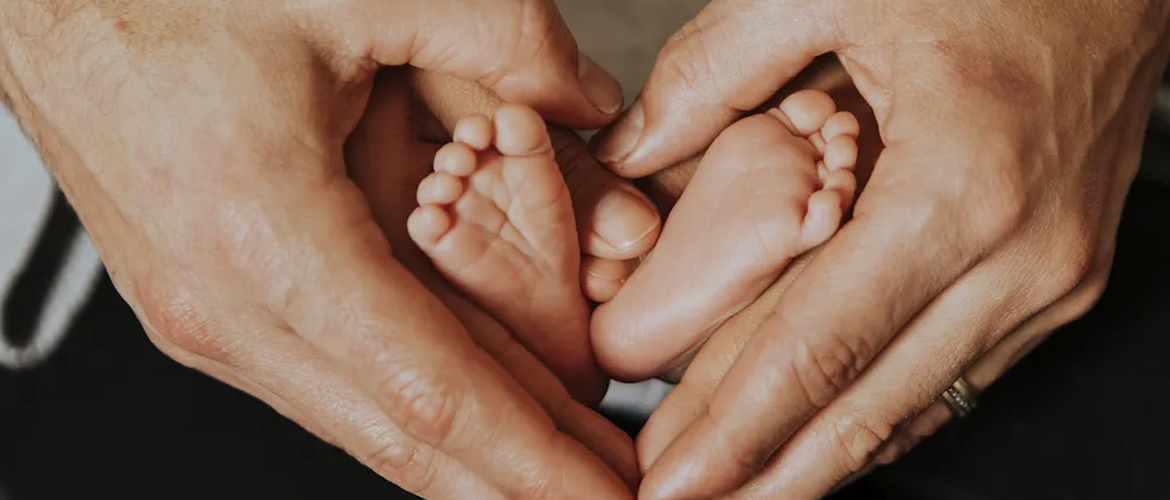After a baby, life would be different and challenging for the couples when they step into the new phase called “parents”. Maternity is not an easy task even if it is usual. It is high time for the family members to pamper the newborn and the parents. The pain, drowsiness, mood swings, and illness all disappear after the baby’s first cry; the highly-rated happy tears. Family support after birth plays a major role, read more to know the practical help for new parents.
Difficulties new parents face
No matter whether you have prepared or not, this would be your new phase of life with unexpected situations and surprises. Balancing work and family life after childbirth may be difficult, but it is possible to overcome happily with proper mental support.
Lack of sleep
First and foremost without any doubt would be sleep. During labour time, mothers have to go through a lot of struggles to bring their kid into the world. As well as the fathers have been throughout the period holding very tightly. The sleeping time would be little or no sleep in this period. Even after the baby’s arrival, parents don’t find enough time to sleep. This is the time families should help them and adjust the timings accordingly and make them sleep. As a family member, you are advised to give parenting advice for first-time parents that helps them truly.
Baby blues
The sadness after giving birth to a child in the first few days is baby blues. It may affect the new parents no matter the age, race and educational level. It is not a severe problem and doesn’t involve any treatment but still, if it continues for more than two weeks make sure to consult a healthcare expert. Around 80% of parents face this difficulty.
As a family member, you are expected to be with the mom and help her in her lows as well as cherish her in her highs.
Postpartum depression
The most practical help for new parents is being with them in their time of depression. Frequent crying, stress, mood swings, fatigue, guilt, and anxiety are some of the symptoms. Depression after having a baby affects 15% of people.
Paternal Postnatal Depression (PPND)
It is a type of depression that some men experience after the birth of a child. While postpartum depression is commonly associated with women, studies suggest that up to 1 in 10 fathers may experience PPND.
The symptoms of PPND can include feeling sad or empty, having difficulty sleeping or sleeping too much, feeling irritable or angry, having difficulty concentrating, losing interest in things that were once enjoyable, feeling anxious or worried, and having thoughts of harming oneself or the baby.
Measures you need to take right away
Limit the visitors: The new parents may not be ready to face them immediately and also for the safety of the baby.
Communicate openly: It’s important to have open and honest communication with new parents about their experiences and how they are feeling. Encourage them to talk about their emotions and offer a listening ear without judgement.
Encourage self-care: Encourage new parents to take care of themselves by getting enough sleep, eating well, and engaging in activities that bring them joy. Offer to watch the baby for a few hours so they can take some time for themselves.
Taking care of older siblings while caring for a newborn
This is a completely different scenario if the newborn has an elder sibling. In this case, the family members should completely take care of the first kid and make them feel comfortable and not alone. The high time they feel left out when the newborn arrives. Tell them to take care of their brother or sister(newborn) like helping with wearing clothes, carrying the medicines and taking bath, this will make them feel more connected to the newborn easily. This way you can make them feel like a second mother and not like a competitor.
Final thoughts
Be like a helping hand and shower practical help for new parents with extreme love and happiness. All they need is YOU!
Clara
Related posts
Women Tips
Privacy Overview
| Cookie | Duration | Description |
|---|---|---|
| cookielawinfo-checkbox-analytics | 11 months | This cookie is set by GDPR Cookie Consent plugin. The cookie is used to store the user consent for the cookies in the category "Analytics". |
| cookielawinfo-checkbox-functional | 11 months | The cookie is set by GDPR cookie consent to record the user consent for the cookies in the category "Functional". |
| cookielawinfo-checkbox-necessary | 11 months | This cookie is set by GDPR Cookie Consent plugin. The cookies is used to store the user consent for the cookies in the category "Necessary". |
| cookielawinfo-checkbox-others | 11 months | This cookie is set by GDPR Cookie Consent plugin. The cookie is used to store the user consent for the cookies in the category "Other. |
| cookielawinfo-checkbox-performance | 11 months | This cookie is set by GDPR Cookie Consent plugin. The cookie is used to store the user consent for the cookies in the category "Performance". |
| viewed_cookie_policy | 11 months | The cookie is set by the GDPR Cookie Consent plugin and is used to store whether or not user has consented to the use of cookies. It does not store any personal data. |

